Ukraine Will Lose Roughly $1 Billion Annually After Cancelling Russian Gas Contracts with Europe
In a significant shift in its energy policy, Ukraine has announced the cancellation of its long-standing gas contracts with Russia, a move that is expected to cost the country approximately $1 billion annually. This decision, made in the context of ongoing geopolitical tensions and the war in Ukraine, has profound implications not only for Ukraine’s economy but also for the broader European energy landscape. The cancellation of these contracts marks a turning point in Ukraine’s energy strategy and its efforts to reduce dependency on Russian energy exports.
Background of the Gas Contracts
For years, Ukraine has been a major transit route for Russian natural gas exports to Europe. The gas pipelines running through Ukraine have played a crucial role in supplying European countries with the energy they need, while providing Ukraine with significant revenue from transit fees. However, the geopolitical tensions resulting from Russia’s invasion of Ukraine, along with Ukraine’s ongoing push to move away from Russian influence, have led to a dramatic rethinking of these energy ties.
The cancellation of the gas contracts follows years of deteriorating relations between Ukraine and Russia, especially since Russia’s annexation of Crimea in 2014 and the subsequent conflict in Eastern Ukraine. In response to these developments, Ukraine has been working to diversify its energy sources, reducing its reliance on Russian gas and seeking new routes for energy imports. The shift also aligns with Ukraine’s broader goal of moving closer to the European Union and aligning its policies with Western standards, including energy security.
The Financial Impact of Cancelling the Gas Contracts
While the decision to cancel the Russian gas contracts may have been driven by national security concerns and the desire to sever energy ties with Russia, it comes at a significant financial cost. According to reports, Ukraine stands to lose roughly $1 billion annually from the cancellation of these contracts, which had previously provided a steady stream of revenue through gas transit fees.
The $1 billion loss represents a major blow to Ukraine’s economy, especially as the country continues to grapple with the economic impact of the ongoing war and the costs of rebuilding infrastructure. The revenue generated from Russian gas transit has been an important part of Ukraine’s budget, and its removal will put further strain on the country’s finances, which are already stretched thin due to the war effort.
Despite these financial challenges, Ukrainian officials have stated that the decision to cancel the contracts is a necessary step toward energy independence and security. By reducing reliance on Russian gas, Ukraine hopes to protect itself from future Russian leverage in the energy sector and reduce the potential for disruptions in the energy supply.
Diversifying Energy Sources: A Key Goal for Ukraine
The cancellation of the Russian gas contracts is part of Ukraine’s broader strategy to diversify its energy sources and reduce its dependence on Russian energy exports. Over the past few years, Ukraine has been actively seeking alternative energy suppliers and exploring options to boost its domestic energy production.
One of the key strategies has been to strengthen ties with the European Union, which has been working to help Ukraine secure alternative gas supplies from Europe. Ukraine has also been investing in renewable energy, particularly wind and solar power, as part of its long-term plan to create a more sustainable and independent energy grid.
Furthermore, Ukraine has sought to improve its energy infrastructure, modernizing pipelines and enhancing energy efficiency to ensure that it can meet its domestic energy needs without relying on Russia. The cancellation of the Russian gas contracts is seen as a bold step in this direction, even though it comes with short-term financial sacrifices.
The Impact on Europe’s Energy Landscape
The cancellation of Ukraine’s gas contracts with Russia also has significant implications for Europe, as the country has long served as a key transit route for Russian natural gas to European markets. With Ukraine now cutting off these transit routes, Russia will be forced to find alternative ways to transport its gas to Europe, potentially increasing energy prices and altering the dynamics of European energy markets.
Europe, particularly in light of the ongoing energy crisis exacerbated by Russia’s invasion of Ukraine, has been working to reduce its reliance on Russian energy supplies. The EU has made significant strides in diversifying its energy sources, securing natural gas supplies from countries such as the United States, Qatar, and Norway. Additionally, Europe has been expanding its use of liquefied natural gas (LNG) and renewable energy sources to reduce its dependence on Russian imports.
The loss of Ukraine as a transit route for Russian gas will likely accelerate these efforts and could spur further investments in alternative energy infrastructure across Europe. In the short term, however, the disruption could lead to higher energy costs for European consumers, as the continent adapts to new energy supply chains and seeks to fill the gap left by Ukraine’s cancellation of the contracts.
The Political Ramifications for Ukraine and Russia
The cancellation of the Russian gas contracts also carries significant political ramifications. For Ukraine, severing ties with Russia in such a critical sector sends a strong signal of its commitment to independence and its desire to align more closely with the West. The move is likely to be seen as a bold assertion of sovereignty and a rejection of Russian influence over Ukraine’s energy future.
On the other hand, the cancellation is a clear blow to Russia, which has used energy supplies as a powerful tool of geopolitical leverage. For years, Moscow has used its control over gas exports to Europe as a way to exert influence over countries in the region, including Ukraine. The loss of this key revenue stream and transit route is a significant setback for Russia, especially as it continues to face international sanctions and economic challenges due to the ongoing conflict with Ukraine.
While Russia will certainly seek alternative routes for its gas exports, the loss of Ukraine as a transit partner will have long-term consequences for Russia’s energy strategy in Europe. This shift could further isolate Russia from the European market and force Moscow to look for new energy partnerships in Asia, particularly with China.
Conclusion: A Bold Step for Ukraine’s Energy Future
Ukraine’s decision to cancel its gas contracts with Russia is a bold and strategic move that underscores the country’s commitment to energy independence and national security. While the cancellation will result in a significant loss of revenue, it also presents an opportunity for Ukraine to diversify its energy sources, strengthen ties with the European Union, and reduce its reliance on Russian energy exports.
For Europe, the loss of Ukraine as a transit route for Russian gas will require adjustments to existing energy infrastructure and may lead to higher energy prices in the short term. However, the shift also accelerates Europe’s ongoing efforts to reduce its dependence on Russian energy and embrace alternative sources of power.
As the war in Ukraine continues and the global energy landscape evolves, Ukraine’s decision represents a critical turning point in its energy policy, with both short-term challenges and long-term opportunities on the horizon.
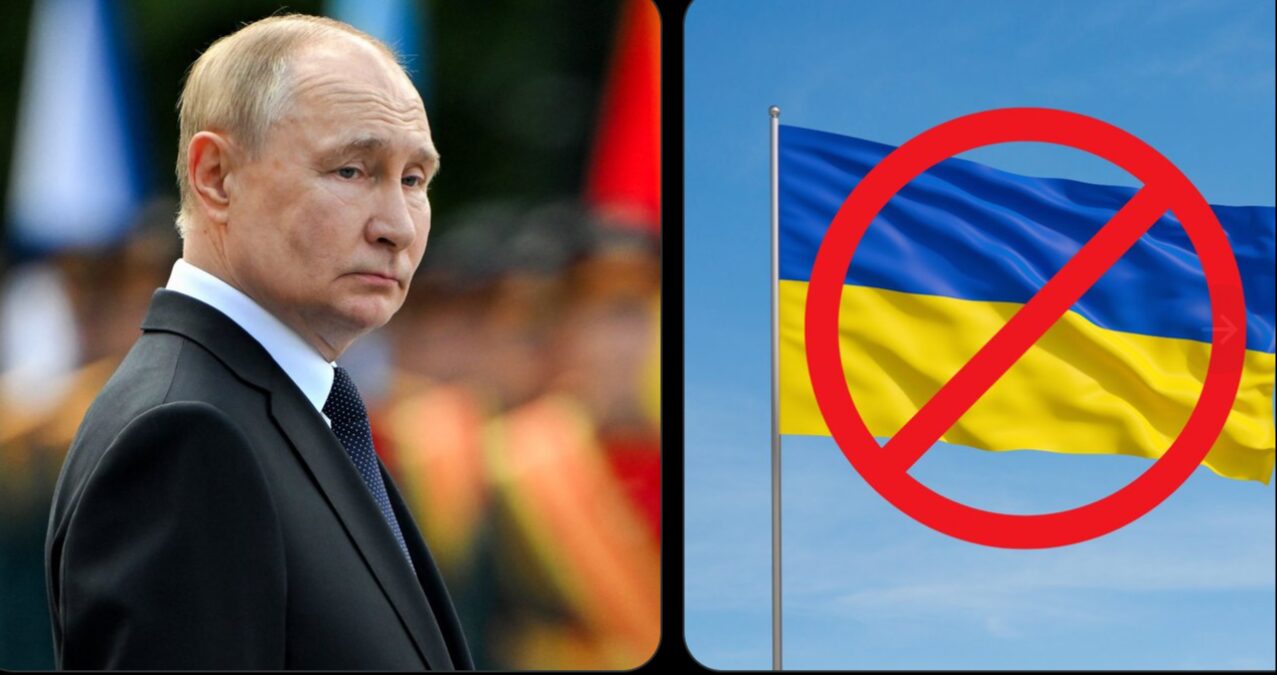
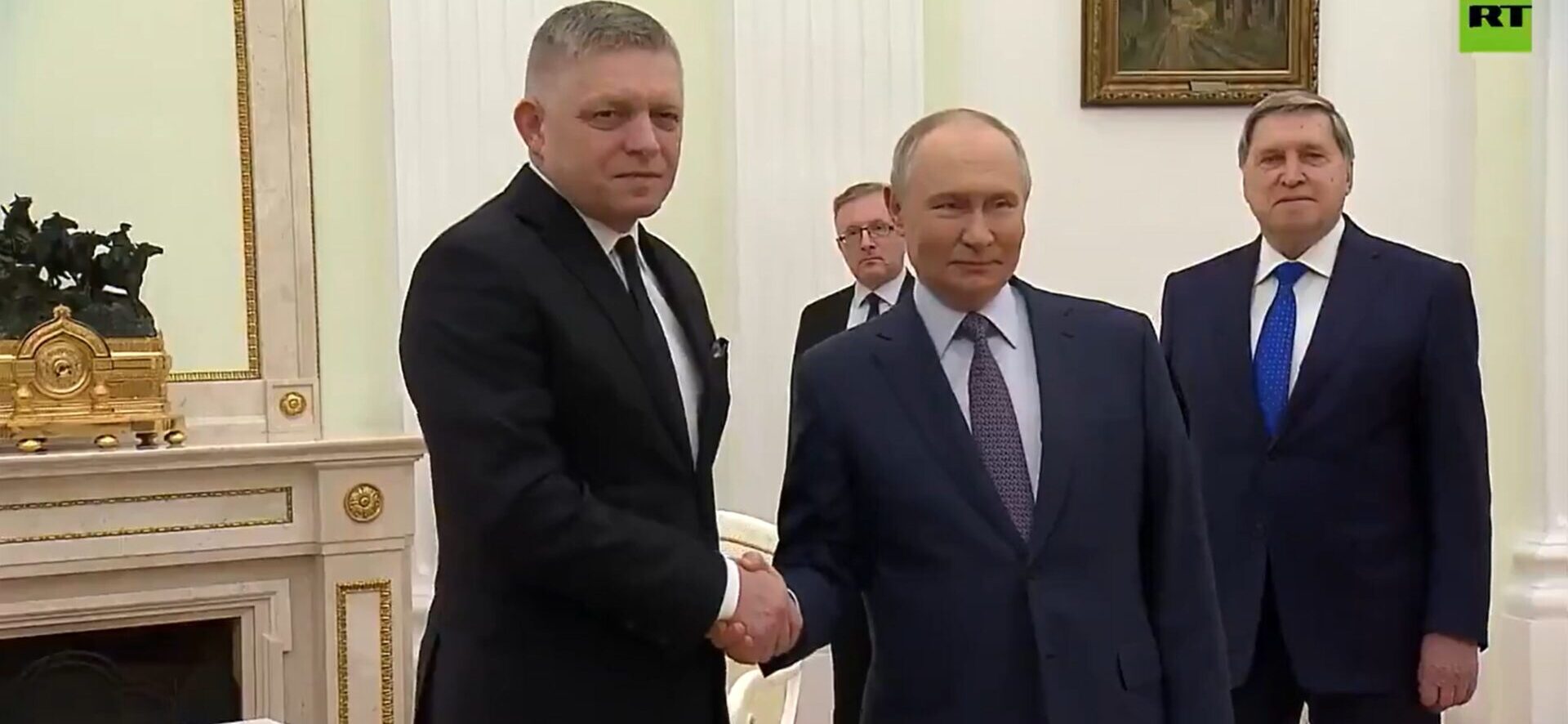
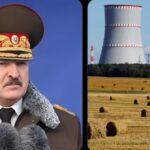



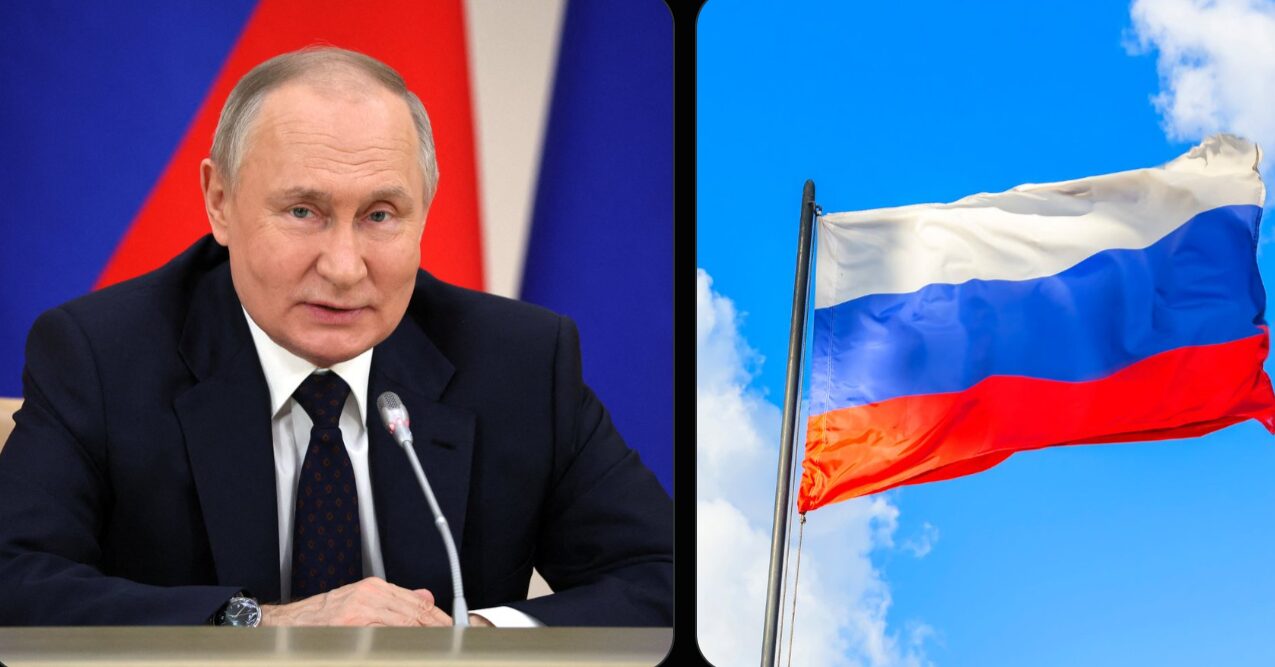
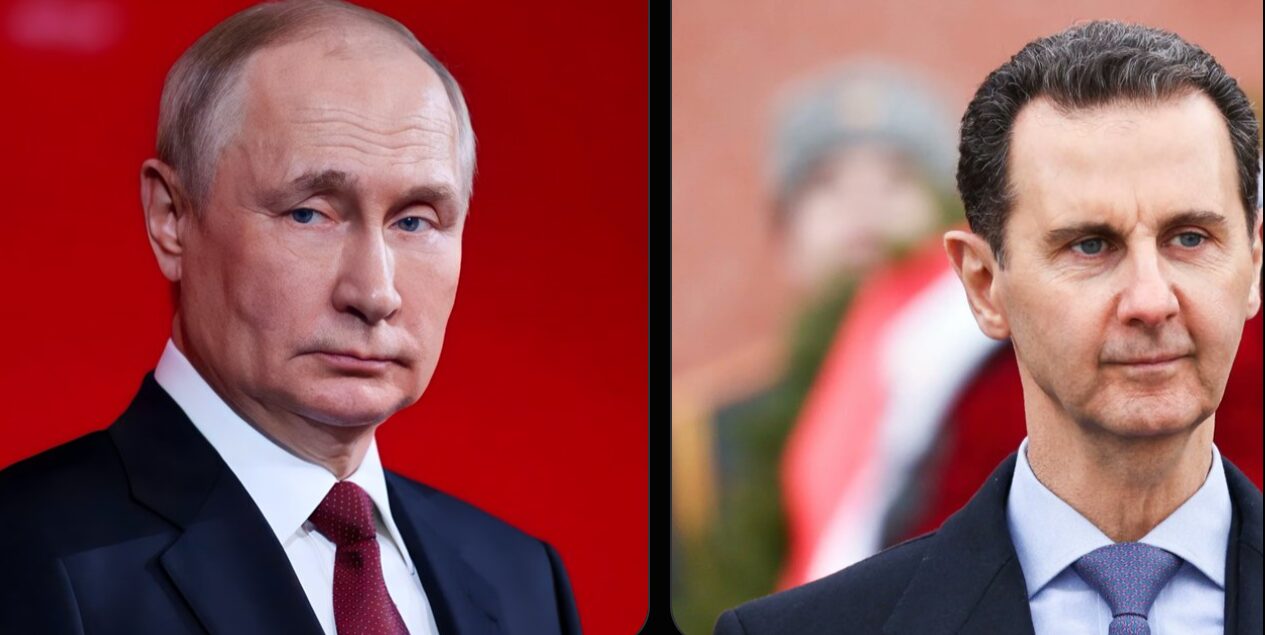
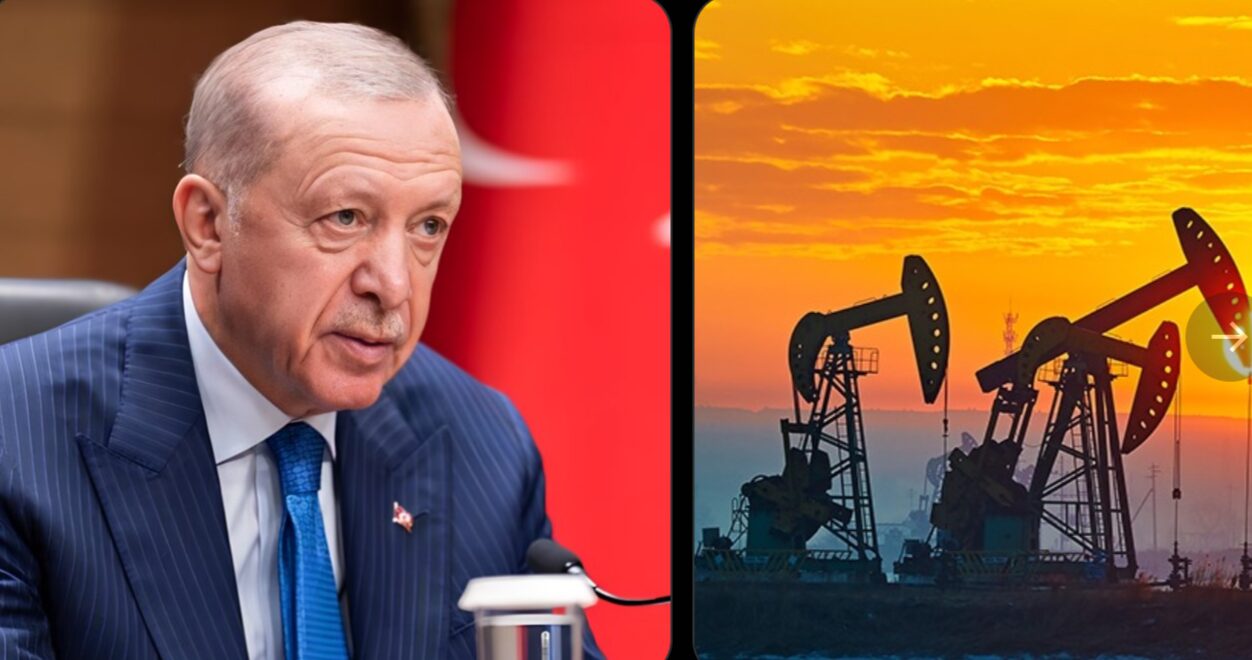








Post Comment